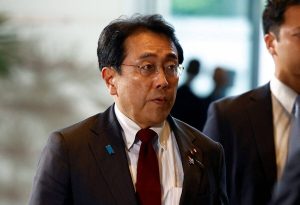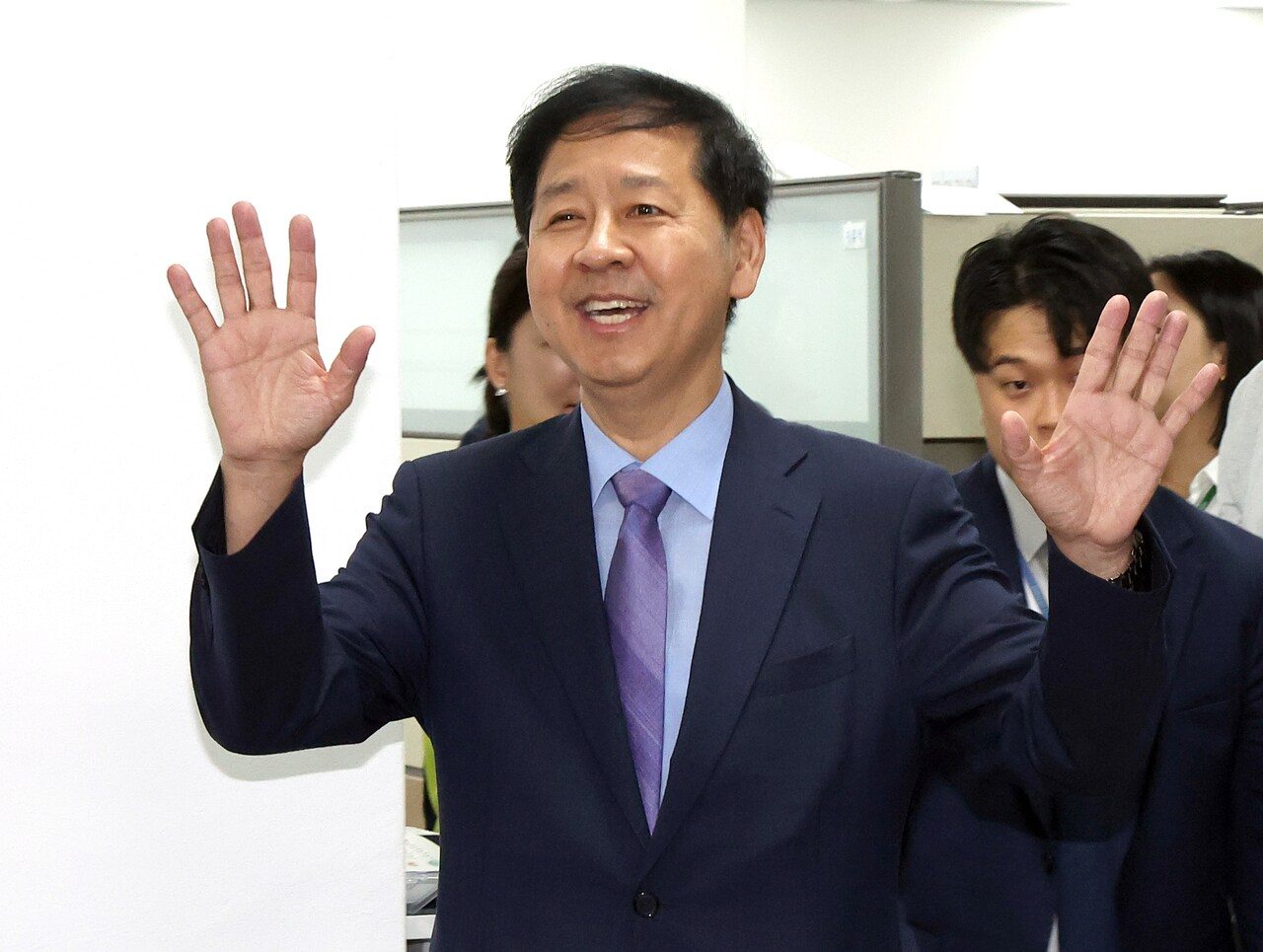South Korea is preparing for high-level trade talks with the United States this Friday, as the country’s newly appointed finance minister and chief trade envoy prepare to meet their American counterparts.
This 2+2 dialogue, involving trade and finance ministers from both nations, is expected to address the ongoing disputes over U.S. tariffs that have unsettled many global trade partners, including key allies in East Asia.
Finance Minister Koo Yun-cheol, who assumed office on July 15, confirmed the upcoming meeting during a press briefing following a cabinet session with economic ministers to finalise their strategy.
Alongside Minister Koo, Trade Minister Yeo Han-koo will participate in talks with U.S. Treasury Secretary Scott Bessent and U.S. Trade Representative Jamieson Greer. The meeting was reportedly requested by the U.S. side in response to growing tensions over the tariff regime.
This diplomatic engagement comes at a time of political transition in South Korea. President Lee Jae Myung, inaugurated on June 4 after winning a snap election triggered by the previous president’s removal amid attempts to impose martial law, has quickly assembled a new leadership team focused on addressing the diplomatic and economic challenges facing the country.
Political turmoil had previously delayed Seoul’s response to the punitive tariffs introduced by the Trump administration, which targeted several nations with which the U.S. has significant security and economic ties.
Minister Koo emphasised that discussions so far have been driven by pragmatism and national interest.
“We’ve had discussions from the perspective of national interest and pragmatism and we’ll do our best to prepare a meticulous strategy until we’re leaving,” he said, without clarifying whether South Korea intends to seek an extension beyond the August 1 deadline, when reciprocal tariffs are set to take effect.
Trade negotiations have taken on added urgency as Industry Minister Kim Jung-kwan described the talks earlier in the week as entering a critical phase with a variety of possible outcomes. He reaffirmed South Korea’s determination to finalise an agreement by August 1 to avoid further escalation.
The tariff disputes stem from the previous U.S. administration’s efforts to correct what it viewed as unfair trade imbalances. Tariffs have been imposed on several trade partners, including South Korea and Japan. These measures have been contentious, given the close economic and security alliances within the Asia-Pacific region.

In parallel developments, Japan’s chief tariff negotiator, Ryosei Akazawa, announced plans to travel to Washington this week to continue ministerial-level discussions. Tokyo is aiming to reach an agreement ahead of its own August 1 deadline, reflecting a wider regional push to resolve tensions with the United States through diplomacy rather than prolonged economic conflict.
Analysts observe that these talks are critical as global markets remain sensitive to U.S. trade policy shifts. Failure to reach an agreement before the deadlines could prompt more extensive tariff measures, potentially disrupting vital supply chains in sectors where South Korea and its neighbours are world leaders, such as technology and manufacturing.

